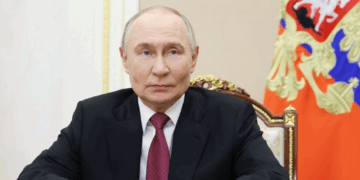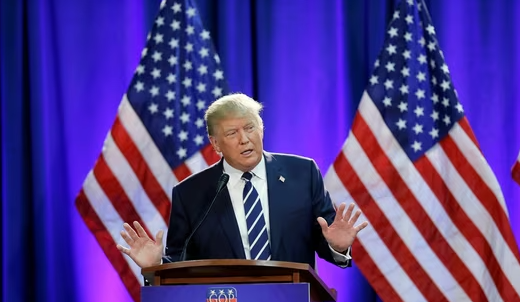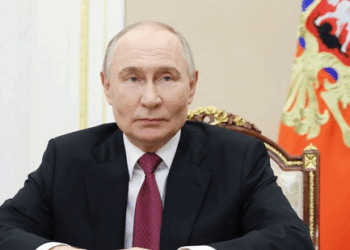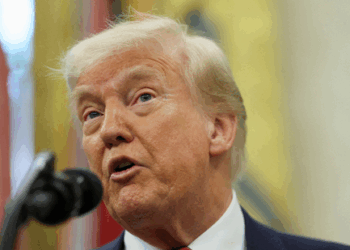Social media erupted recently over allegations that YouTube censored a lengthy, highly anticipated podcast between former U.S. President Donald Trump and podcast host Joe Rogan. Speculation quickly spread as users claimed that the full three-hour interview was inaccessible or had been taken down, fueling anger among Trump supporters and free-speech advocates alike. Many believed the interview was removed for containing politically sensitive or controversial statements made by Trump, prompting online calls for transparency from YouTube.
YouTube responded, stating that the video was not censored but instead affected by standard platform policies governing content related to elections and misinformation. The platform confirmed that the podcast, like any uploaded content, would undergo regular reviews in compliance with community guidelines. YouTube’s stance aims to clarify the company’s commitment to allowing diverse perspectives while ensuring that content aligns with its terms of use, particularly concerning political discussions.
This controversy adds to the ongoing debate over tech platform regulation, freedom of speech, and the handling of high-profile political figures’ content. Many users see this incident as emblematic of wider concerns about potential bias, particularly for those with large social media influence. Rogan’s podcast has become a space for freewheeling discussions, drawing audiences who favour open dialogues with prominent personalities like Trump, and censorship claims have made such interviews a flashpoint for public discourse.
While YouTube’s response clarifies its position, reactions online continue to underscore the tension between content moderation policies and the public’s demand for open access to political discourse.








 India
India












